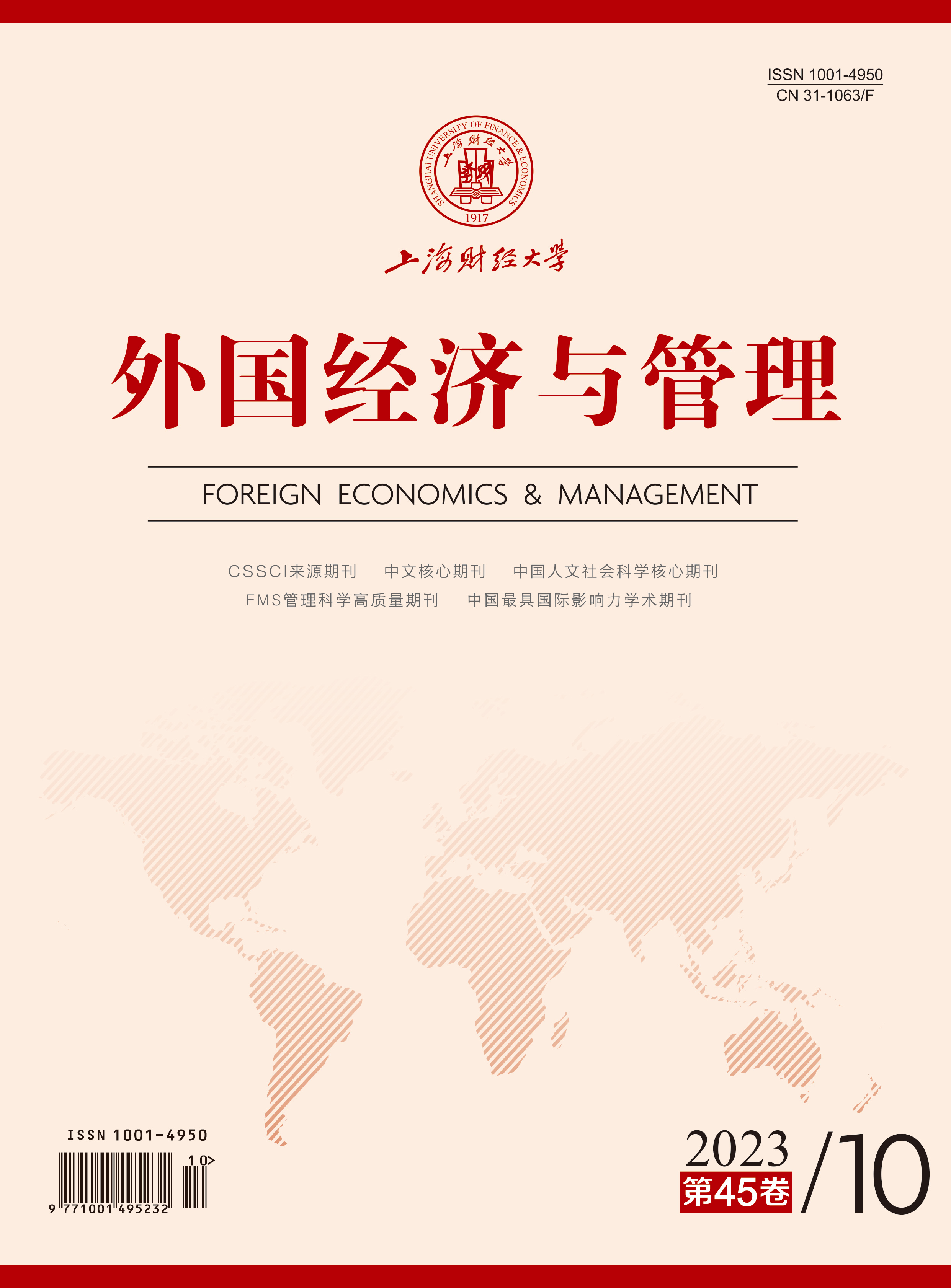This paper empirically tests the impact of industrial policies such as fiscal subsidies, tax preferences, credit support, and tariffs on the productivity and innovation of “SRDI” (specialized-refinement-differential-innovation) enterprises. It is found that industrial policies based on market competition significantly improve the total factor productivity of “SRDI” enterprises. This promotion effect is more significant in small and medium-sized enterprises by alleviating financing constraints, and in regions with higher marketization and better intellectual property protection. This paper enriches and expands the relevant literature on the effectiveness of industrial policies for “SRDI” enterprises, and has significant policy implications for the structural design and implementation of industrial policies. First, given the complex domestic and international political and economic landscape, governments should abandon traditional industrial policies that involve picking winners and losers. Instead, they should focus on developing and streamlining industrial chains, actively promoting industry policies based on the principle of fair competition, and allowing market mechanisms to play a leading role in resource allocation. Second, industrial policy implementation should combine “fairness to all” with “precise support”. While maintaining fairness in competition, targeted support should be provided to enterprises with higher innovation efficiency. Governments should define the roles, functions, and tasks of various types of enterprises on industrial and supply chains, especially the roles of large and medium-sized state-owned enterprises and “SRDI” enterprises, and leverage their complementary roles. Third, governments should continue to intensify reforms in finance and taxation to effectively address the financing difficulties faced by “SRDI” enterprises. For a long time, small and medium-sized enterprises have encountered significant “financial discrimination” in banking financing and equity financing. Local governments can design different financial products based on the development needs of small and medium-sized enterprises, and enhance the financial sector’s ability to identify special technologies and specialized financial instruments, thereby helping to overcome the financing bottlenecks of “SRDI” enterprises.
 / Journals / Foreign Economics & Management
/ Journals / Foreign Economics & ManagementForeign Economics & Management
JIN Yuying, Editor-in-Chief
ZhengChunrong, Vice Executive Editor-in-Chief
YinHuifang HeXiaogang LiuJianguo, Vice Editor-in-Chief
Industrial Policies and Total Factor Productivity of “SRDI” Enterprises
Foreign Economics & Management Vol. 45, Issue 10, pp. 84 - 100 (2023) DOI:10.16538/j.cnki.fem.20230318.102
Summary
References
Summary
Cite this article
Cao Mengyi, Xia Qing. Industrial Policies and Total Factor Productivity of “SRDI” Enterprises[J]. Foreign Economics & Management, 2023, 45(10): 84-100.
Export Citations as:
For
ISSUE COVER
RELATED ARTICLES




 5957
5957  6174
6174

